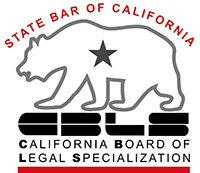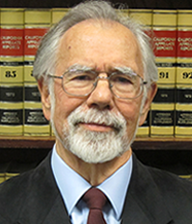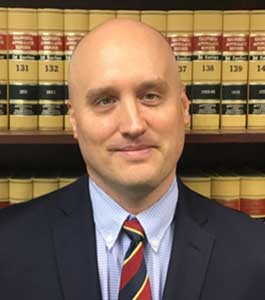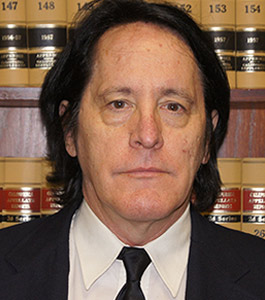Traffic Law DUI/DWI Newsletters
Criminal Offense of Failure to Assist an Injured Person
Motorists involved in any type of motor vehicle accident where personal injury or death occurs are required to remain at the scene until police arrive. All states have statutes setting out certain procedures a motorist must follow after involvement in a collision causing death or injury. Moreover, the statutes treat the term “accident” or “collision” to include all automobile collisions, intentional as well as unintentional.
Criminal Offense of Improper Lane Usage
A motorist is under a duty to have all of his vehicle on the right side of the road, and while the driver of an approaching car is charged with the duty of exercising proper care to avoid a collision, he has the right to presume that the motorist of the vehicle on the wrong side of the road will move over entirely to his own side. This idea is incorporated into statutes governing improper lane usage. By its terms, if a roadway is divided into two or more marked lanes of traffic, a motorist must stay in his lane of traffic so far as possible or practical and may not move from his lane without first ascertaining that such a movement could be safely done.
Elements of Felony DUI/DWI
The elements of the criminal offense of driving under the influence (DUI) and driving while intoxicated (DWI) are universal in most jurisdictions. The elements include the following: (1) that the defendant operated or was in physical control of a vehicle upon a roadway; (2) within the court’s jurisdiction; and (3) and the operation occurred while the defendant was either under the influence of an intoxicant or narcotic to the extent that his or her normal faculties were impaired or the defendant was driving with a blood alcohol concentration above a prohibited level.
Penalties for Criminal Offense of Driving While Impaired
The penalties for driving while impaired tend to be less harsh than the penalties for driving while under the influence or driving while intoxicated. The penalties for driving while impaired do vary depending upon the state. In most cases the offense for a first time offender is considered a misdemeanor.
Warrantless Searches of Motor Vehicle Occupants
In the ordinary case, a search of private property must be both reasonable and conducted pursuant to a properly issued search warrant. However, law enforcement officers are empowered to search an automobile without a warrant, so long as it can be demonstrated that exigent circumstances rendered the obtaining of a warrant an impossible or impractical alternative and that probable cause existed for the search. The doctrine was initially premised on the notion that there was a constitutional difference between houses and cars, which are inherently mobile. However, mobility is no longer the prime justification for the automobile exception; rather, it is the diminished expectation of privacy which surrounds the automobile.
| Robert Beles | - | State Certified Criminal Law Specialist |
| Anne Beles | - | State Certified Criminal Law Specialist |
| Paul McCarthy | - | State Certified Appellate Law Specialist |
| Emilio Parker | - | State Certified Immigration Law Specialist |

Contact us for a free consultation: (510) 836‑0100
Let our experience work for you. We can help!




















